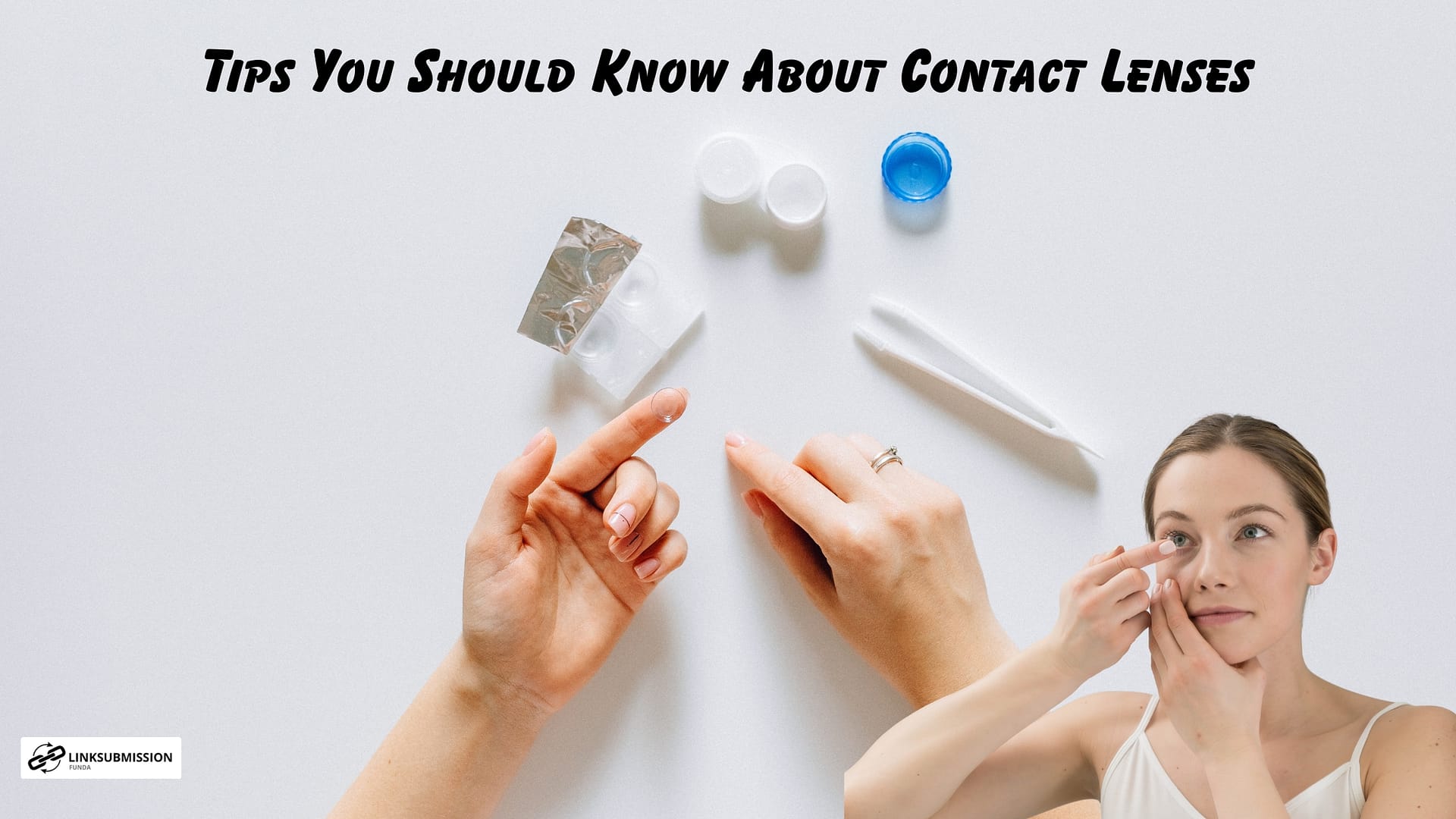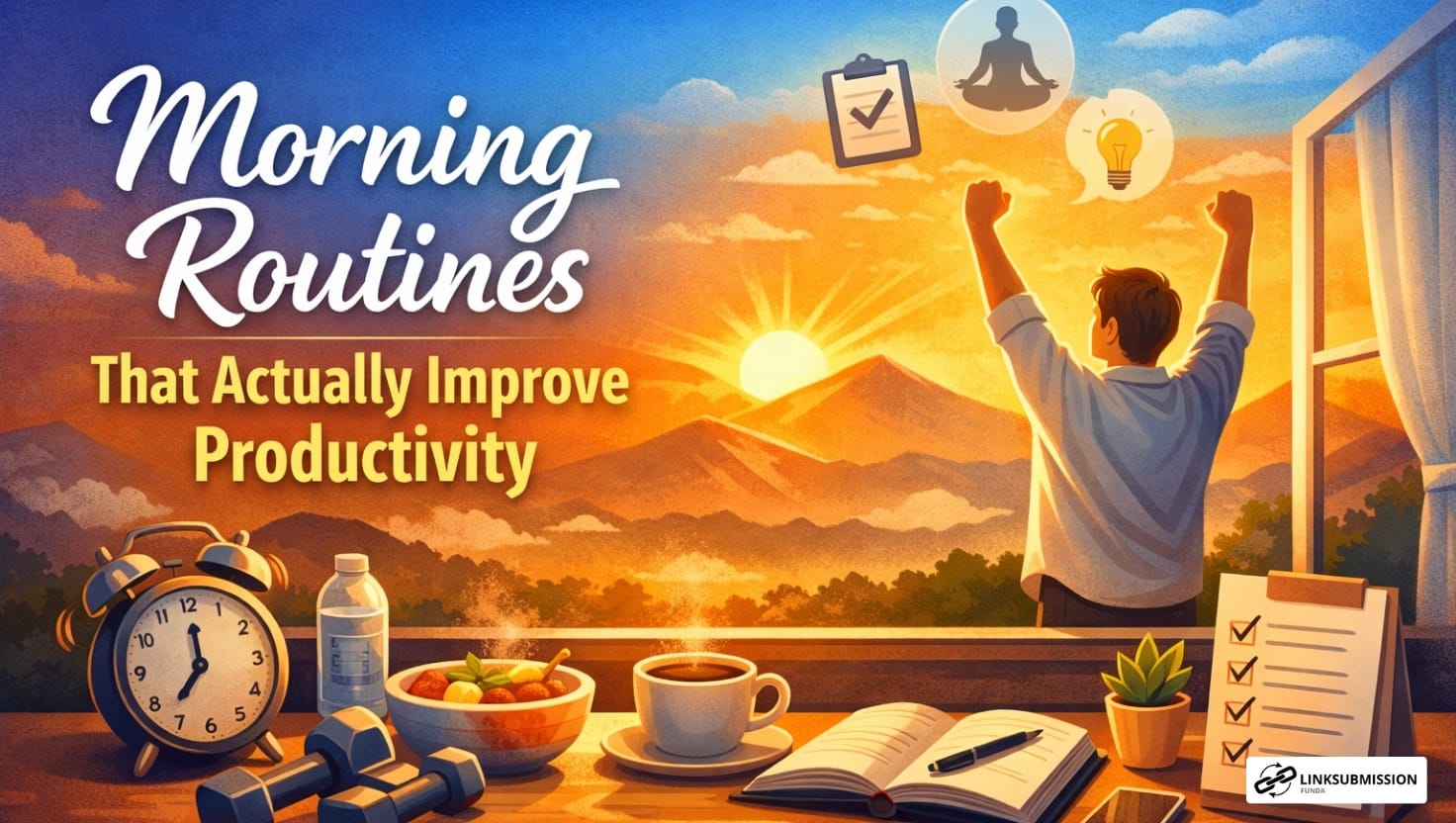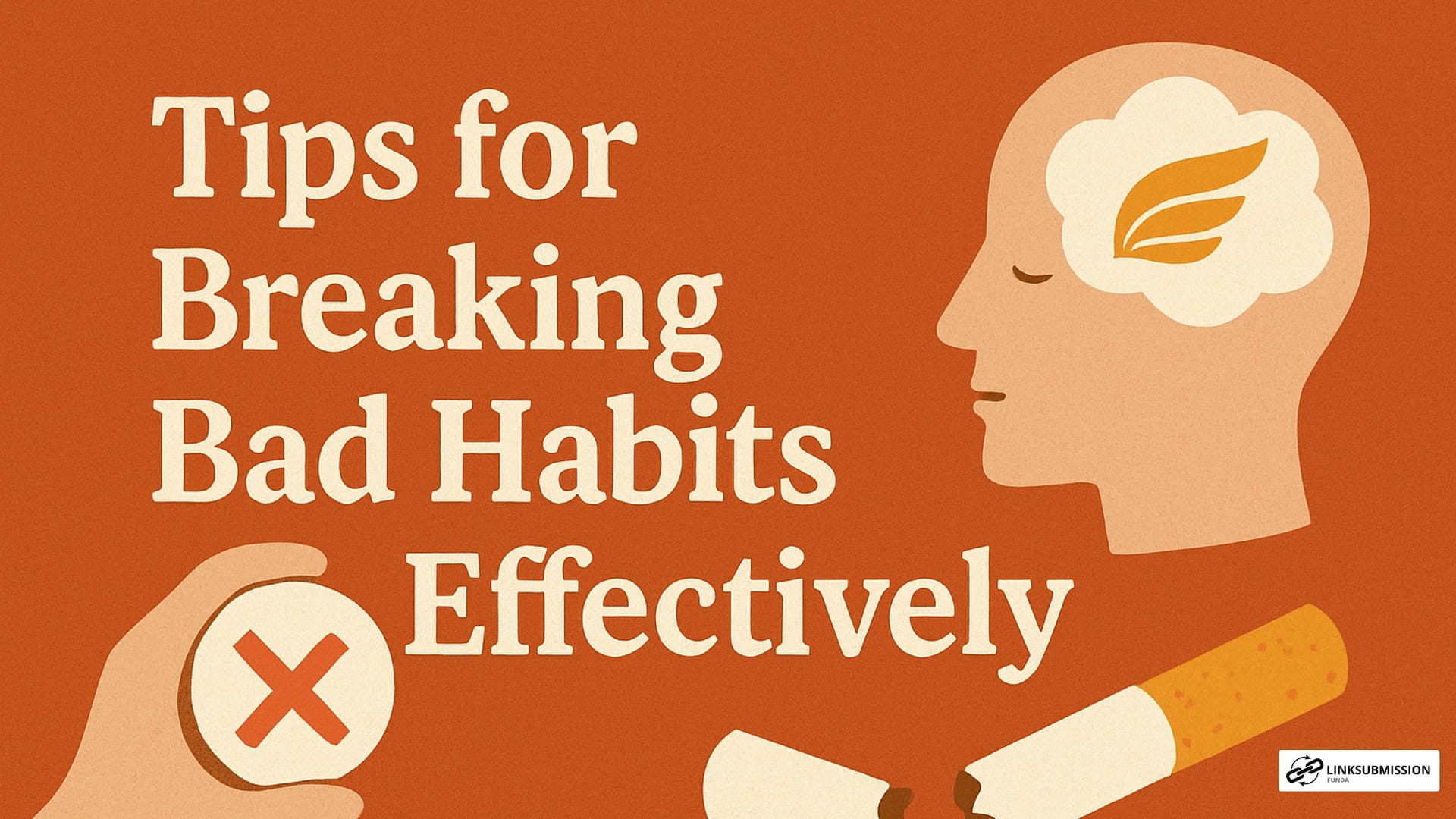Contact lenses have become a popular alternative to glasses, offering convenience, a wider field of vision, and even a cosmetic appeal. Whether you’re wearing them for vision correction or as a fashion statement, proper usage and care are essential to ensure eye health and comfort. If you’re considering contact lenses or are already a user, here are some important tips you should know.
1. Get a Proper Eye Exam
Before buying contact lenses, it’s crucial to consult an eye care professional. Your eyes are unique, and a proper examination ensures that you get lenses with the right fit, material, and prescription. Skipping this step may lead to discomfort, blurry vision, or even long-term damage. Remember, over-the-counter or cosmetic lenses purchased without a prescription can pose serious risks.
2. Follow the Recommended Wearing Schedule
Every type of contact lens comes with a prescribed wearing schedule—daily, bi-weekly, or monthly. Following this schedule is vital. Overwearing lenses can cause dryness, reduce oxygen supply to your cornea, and increase the risk of infections. Even if your lenses still feel fine, don’t push beyond their recommended usage time.
3. Maintain Proper Hygiene
Hygiene plays the most critical role in lens care. Always wash and dry your hands before touching your contact lenses. Avoid using oily or scented soaps, as residues may irritate your eyes. Never rinse your lenses with tap water, as it can carry harmful microorganisms. Instead, use only the lens solution prescribed by your eye doctor.
4. Use Fresh Contact Lens Solution
Reusing old solution or topping off the lens case with fresh solution is a common mistake. Doing so reduces the disinfecting power of the solution and increases the chance of bacterial growth. Always discard the old solution and refill your case with a fresh solution each time.
5. Replace Your Lens Case Regularly
Your lens case can harbor bacteria even if you clean it daily. Experts recommend replacing it every three months. Also, make sure to rinse your case with contact lens solution (not water) and let it air dry between uses.
6. Don’t Sleep in Your Contact Lenses
Unless your lenses are specifically designed for extended wear, avoid sleeping in them. Sleeping in lenses reduces oxygen supply to the cornea and creates an environment where bacteria can thrive, significantly increasing the risk of eye infections like keratitis.
7. Avoid Wearing Lenses in Water
Pools, hot tubs, and even showers can expose your lenses to bacteria and harmful microorganisms like Acanthamoeba, which can cause severe eye infections. If you’re a swimmer, consider prescription swimming goggles instead of contact lenses in the pool.
8. Pay Attention to Discomfort
If you experience redness, irritation, blurred vision, or pain, remove your lenses immediately. These symptoms could indicate dryness, allergies, a tear in the lens, or even an eye infection. Continuing to wear lenses despite discomfort can worsen the problem. Always consult your eye care professional if symptoms persist.
9. Keep Your Eyes Moisturized
Contact lenses can sometimes cause dryness, especially if you spend long hours in front of screens or in air-conditioned rooms. Lubricating eye drops (compatible with contact lenses) can help keep your eyes moist and comfortable throughout the day.
10. Follow Makeup Guidelines
If you wear makeup, insert your lenses before applying makeup and remove them before taking it off. This reduces the chance of makeup particles getting trapped between your lens and eye. Opt for water-based, hypoallergenic makeup products to minimize irritation.
11. Don’t Share Your Contact Lenses
Sharing lenses, whether for prescription use or cosmetic reasons, is highly unsafe. It can transfer bacteria, viruses, or fungi from one person’s eyes to another, leading to severe infections. Always treat your contact lenses as a personal medical device.
12. Have a Backup Pair of Glasses
Even if you wear contact lenses regularly, it’s a good idea to keep a pair of glasses on hand. There may be times when your eyes feel irritated, you develop an infection, or you simply need to give your eyes a break. Having glasses ensures you’re never left without proper vision correction.
13. Don’t Skip Regular Eye Checkups
Regular follow-ups with your eye doctor are essential to monitor eye health, check for any changes in vision, and ensure your lenses are still the right fit. Even if you feel comfortable, hidden issues like corneal damage or dryness may go unnoticed without professional evaluation.
Conclusion
Contact lenses are a wonderful alternative to glasses, offering comfort, style, and convenience—but only if used responsibly. By following proper hygiene, sticking to recommended schedules, and listening to your eyes, you can enjoy the benefits of lenses without risking your eye health. Remember, your vision is precious—taking care of it should always be your priority.





